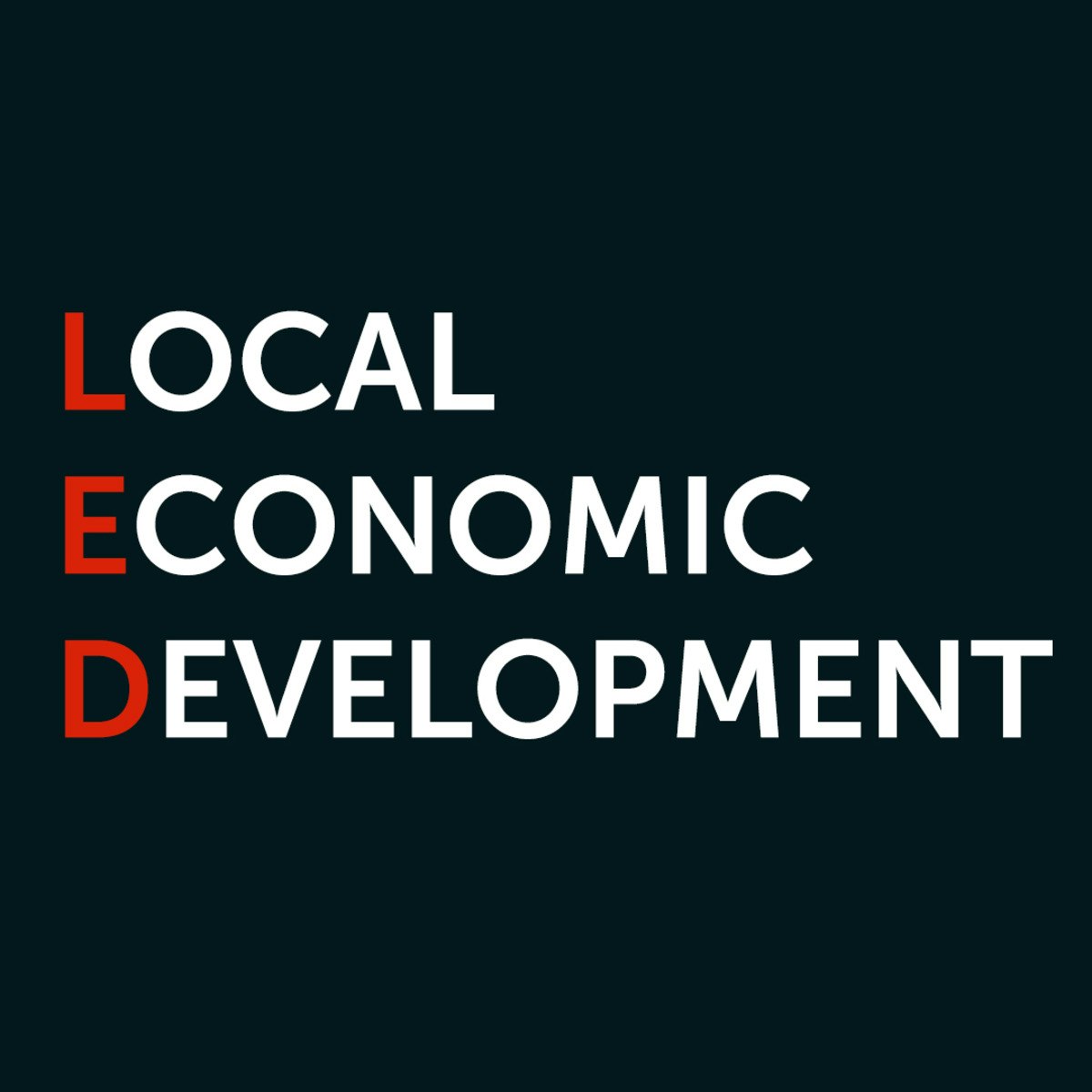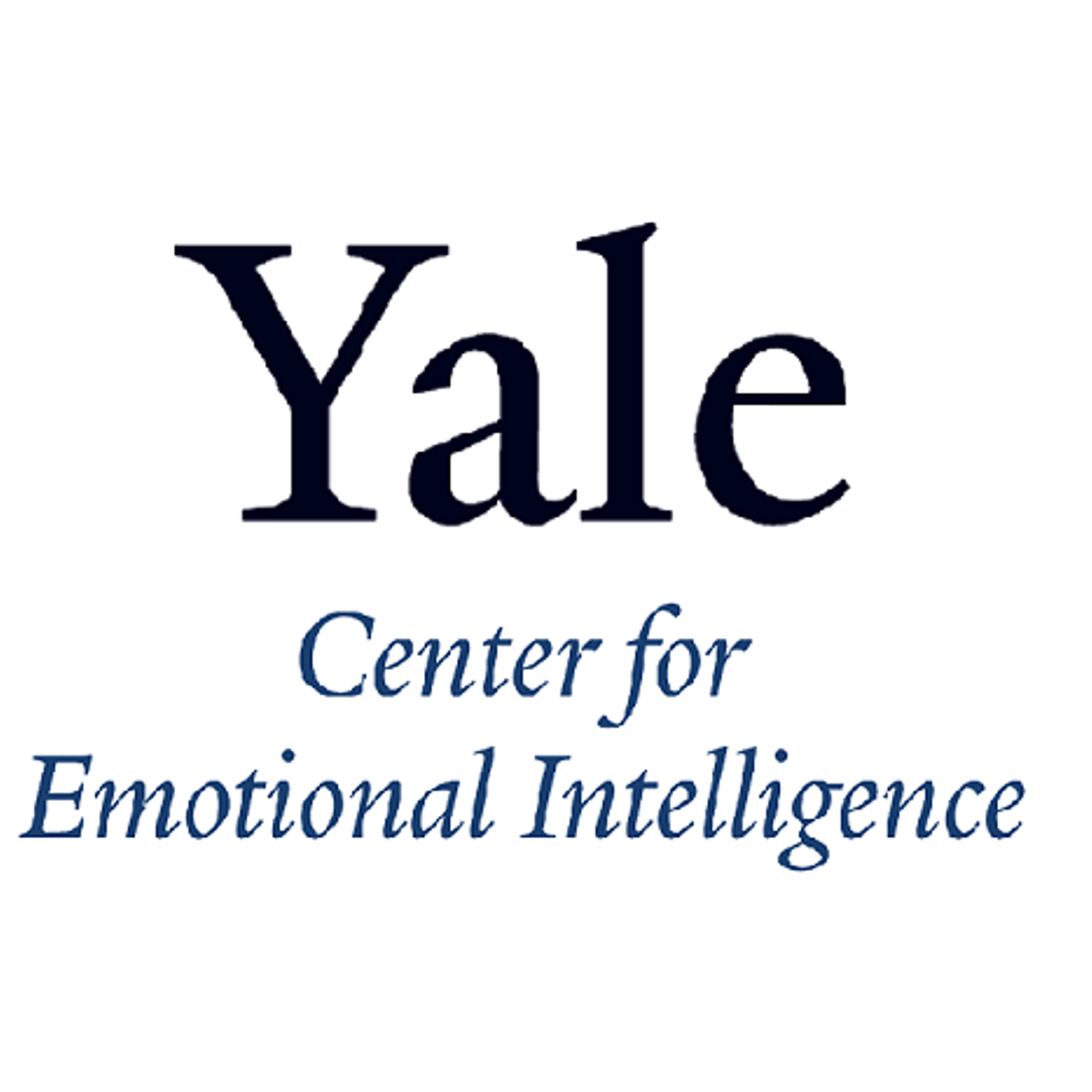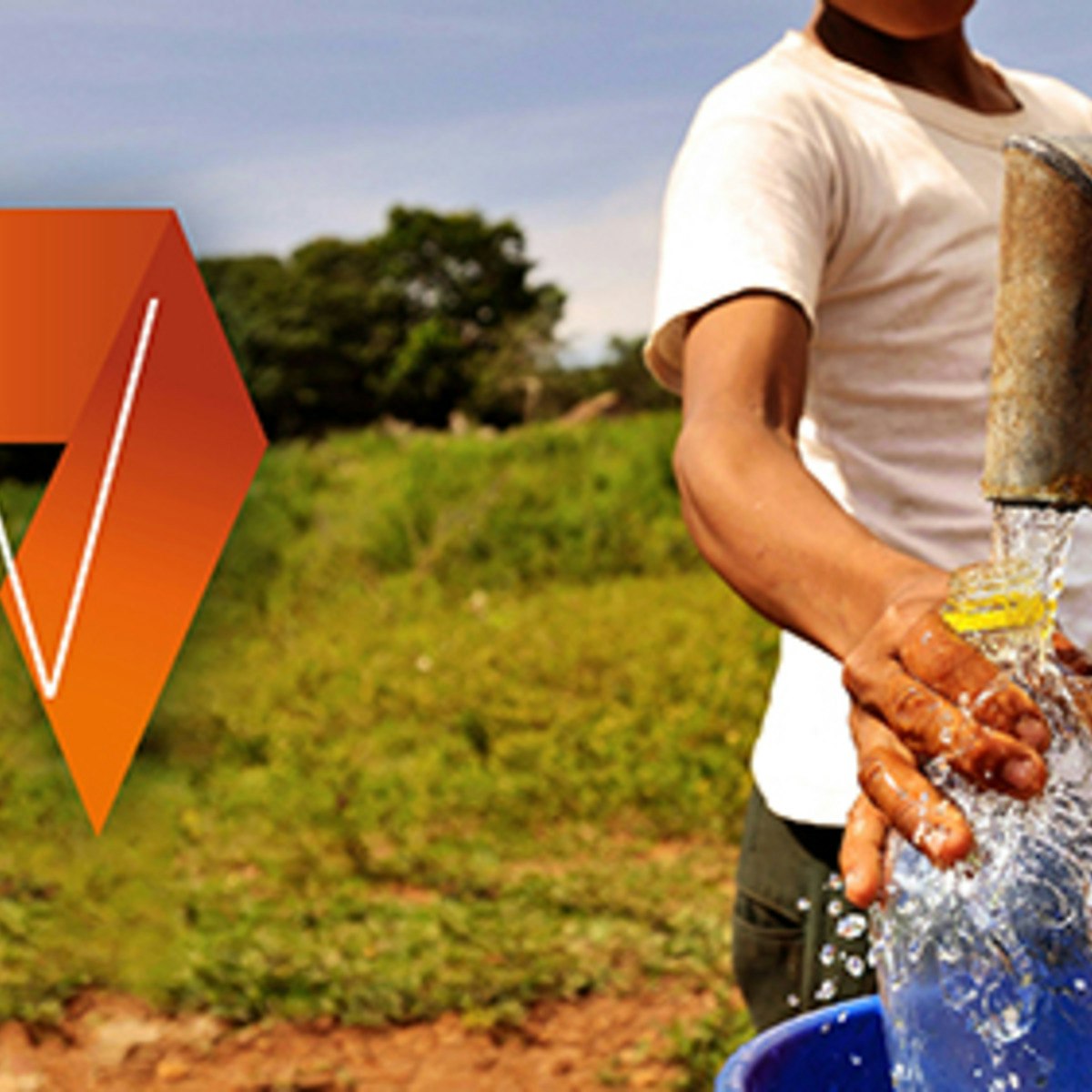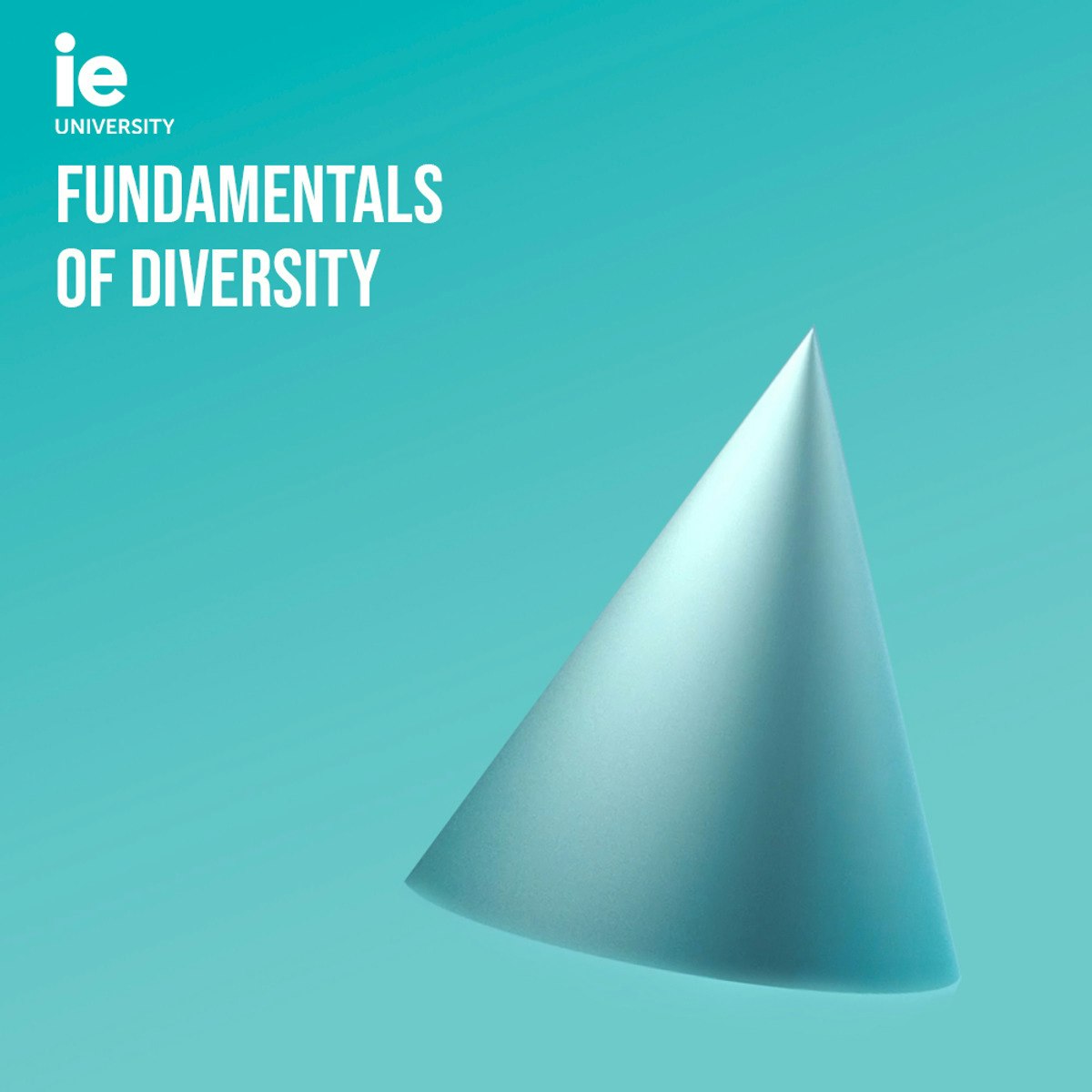Back to Courses









Social Sciences Courses - Page 55
Showing results 541-550 of 672

Local Economic Development
Welcome to this MOOC on Local Economic Development (LED). Local economic development refers to the processes by which local governments, businesses, and civil society groups get together to raise income sustainably and improve their lives in a well-defined area. It’s about creating jobs, securing livelihoods, improving infrastructure and managing local resources.
What do I learn?
We will be dealing with questions such as the following. Why does economic development take place in some areas of the world and not in others? Why doesn’t it happen in your place? What prevents people from having the lives they want to live right there? Could your region make more of the opportunities of globalization and new technologies? Did the promises of decentralization in your country fail to deliver better public services and more responsive governments? If these are the questions you are asking yourself, this is the right course for you. It explores the where, who and how of economic development.
Please have a look at our list of contents for the coming 8 weeks:
1. What is LED? What drives it?
2. How does globalization shape LED?
3. How does decentralisation affect LED?
4. How does competitiveness affect innovation?
5. What are entrepreneurship and its dimensions?
6. Why are value chains and clusters so important?
7. What are some LED strategies?
8. Your project
How will I learn?
In each week you will be able to access the content of the videos, suggested readings and additional videos for selective deepening. You will also find assignments that you have to complete if you want to earn a certificate for this MOOC. We will first introduce our “toolkit”, a series of theories and concepts that will help you read the situation in your locality. We will explore the main factors affecting local economic development, such as globalization, decentralisation, and competitiveness. We will discuss key components, like entrepreneurship and innovation and look into the organization of local economies into clusters, value chains and learning regions. We will conclude by deepening on some specific constructs that make local economies grow to benefit their communities. You will also contribute your ideas in the discussion forums, where you will learn from other participants around the world.
What makes this course special?
There is plenty of information in Internet on local economic development, which is mostly prepared by international donors or multilateral organisations. So what does this course do differently? First of all, the course is offered by academics that have significant published research on local economic development. This course gathers a wealth of academic knowledge that often fights the assumptions on what things are supposed to be like. Second, the instructors of this course have participated in dozens of capacity building projects in Latin America, Asia, Eastern Europe and Africa. Putting learning at the centre, they worked with communities, local governments, international donors and business associations. They often found a significant distance between theory and practice in local economic development, and this has been the basis of learning. Third, the course is acutely aware that each region is different and does not attempt to offer a one-size-fits-all recipe. It singles out key factors that drive local economic development and enables participants to do their own learning process, defining local problems and appropriate solutions. The aim of the course is that participants come up with their own ideas on how to promote local economic development.
How will I get a certificate?
If you want a certificate for participating in this MOOC, you will need to complete a small assignment each week and participate in the discussion forums. In the end of the MOOC, you will put these contributions together in one final document, your Capstone Project.
I hope you find this course exciting and that you get to share our passion for promoting local economic development.
Your instructors
Dr. Georgina M. Gómez, ISS
Prof. Emeritus AHJ (Bert) Helmsing, ISS
Dr. Jan Fransen, IHS

Managing Emotions in Times of Uncertainty & Stress
Developed by the Yale Center for Emotional Intelligence, Managing Emotions in Times of Uncertainty & Stress will provide participants with the knowledge, skills, and strategies to understand and manage their emotions and those of their students. The 10-hour online course is designed for school staff, including teachers, paraprofessionals, counselors, principals, and non-teaching staff in preK-12 schools.

Speaking and Presenting: Tact
To be an effective speaker you don’t need to overwhelm people with your intellect. You don’t need to dazzle them from start to finish. You simply need to give them the sense that what they are receiving was especially prepared with their interests and needs in mind. This course will help you develop the judgment and dexterity needed to craft a perfectly tailored message.

Introduction to Household Water Treatment and Safe Storage
It is well known that water treatment at the household level can lead to dramatic improvements in drinking water quality. But does Household Water Treatment and Safe Storage (HWTS) also have global relevance? What are the potential treatment solutions and how do they function? Is there a standard strategy for successful HWTS implementation, or can we identify key components which make programs more likely to succeed?
In this course you will learn about the most important water treatment methods at household level, successful implementation strategies and about assessing the impact of HWTS.
MOOC SERIES “SANITATION, WATER AND SOLID WASTE FOR DEVELOPMENT” : This course is one of four in the series “Sanitation, Water and Solid Waste for Development".
FRANçAIS: Dans ce MOOC, vous allez apprendre les plus importantes méthodes de traitement de l'eau au niveau des ménages, les stratégies pour une mise en œuvre réussie et l’évaluation de l’impact du traitement et stockage sûr de l'eau à domicile.
ESPAñOL: Aprende acerca de los métodos más importantes de tratamiento de agua a nivel domiciliario, de estrategias de implementación eficientes y de la evaluación del impacto del tratamiento doméstico y almacenamiento seguro del agua.

Strengthening territorial response for better health
This course was developed by the reference network for the European Regional and Local Health Authorities (EUREGHA), Agència de Qualitat i Avaluació Sanitàries de Catalunya (AQuAS), and Mental Health Europe (MHE) as part of the research project 'Pan-European Response to the Impacts of the COVID-19 and future Pandemics and Epidemics' (PERISCOPE, https://www.periscopeproject.eu/). Funded by the European Commission Research Funding programme Horizon 2020 under the Grant Agreement number 101016233, PERISCOPE investigates the broad socio-economic and behavioural impacts of the COVID-19 pandemic, to make Europe more resilient and prepared for future large-scale risks.

The Korean Economic Development
You will review the evolution of the Korean economy decade by decade since Korea’s independence from Japan in 1945. Major policies of each decade will be explained and their effect on the Korean economy will be analyzed. Also, the backgrounds and limitations of important policies will be scrutinized. By doing so, you will be able to compare the Korea experience with the other developing countries’.
1. You will be able to explain how the miracle of the Korean economic development was made possible.
2. By examining internal and external conditions behind the decision making of major policies in Korea, you will be able to draw lessons that can be applicable to today’s developing countries.
3. You can explain how the Korean economy has interacted with the global economy in the past.
4. You can observe how economic theories and models can be applied to the Korean case.

Fundamentals of Diversity
In this course, we will arrive at the first port of our Diversity Inclusion and Belonging Journey, the Fundamentals of Diversity.
The course will provide you with the basic tools to be able to navigate diversity. The course will bring you an understanding of the fundamental categories of diversity , and will particularly focus on demographic diversity including gender, ethnicity, race, disability, aging or physical appearance. it will also help you to identify the challenges posed by diversity, and finally you will gain a working knowledge of how to manage diversity in organizations and teams.
This course is designed for all: students and young professionals, as well as older and senior professionals looking for a better understanding of what diversity is and the role it plays in the organization.

The Dynamic Earth: A Course for Educators
The AMNH course The Dynamic Earth: A Course for Educators provides students with an overview of the origin and evolution of the Earth. Informed by the recently released Next Generation Science Standards, this course examines geological time scales, radiometric dating, and how scientists “read the rocks.” We will explore dramatic changes in the Earth over the last 4 billion years, including how the evolution of life on Earth has affected its atmosphere. In addition to looking at geology on a global scale, participants will take to their own backyards to explore and share their local geologic history. Course participants will bring their understanding of the dynamic Earth - along with content resources, discussion questions, and assignments - into their own teaching.

Critical Issues in Urban Education
Urban school reform in the United States is characterized by contentious, politicized debate. This course explores a set of critical issues in the education and educational reform space, with a focus on aspects of the field that have sparked controversy and polarized views. We will dig into these debates, situating them within the larger history of public education and school reform, and considering the viewpoints, the evidence, and translation of issues into educational policy.
We will consider three broad topics in this course:
1. Federal Strategies in School Reform: How has the federal government legislated and incented public school reform?
2. School Choice: How does school choice aim to improve schools?
3. Accountability: What is the history of accountability in American public schooling? What are the policies and practices associated with accountability?
Learning Goals
This course will enable participants to:
1. develop an informed historical perspective about public schooling in the United States;
2. understand the unique contextual elements of the American approach to public schooling;
3. analyze and assess divergent viewpoints about American public school history and school reform policy.
Teachers may be able to receive continuing education credit for successful completion of this course. To earn continuing education credits students must purchase and earn the Course Certificate, which they can then submit to the credit-issuing agency in their state. Students should also fill out the requisite paperwork stating that the affiliated provider is the Graham School at the University of Chicago, and that average time for certificate-level course completion is 18 hours. Students outside of Illinois should contact their state’s accreditation board to determine whether this course is eligible for continuing education credit. Note that it is up to the schools or districts that employ teachers to decide whether this course meet their requirements.

Assessment, Interviewing and Onboarding
Developing a robust, responsive recruitment process is one of several integrated organizational activities that must be embedded to achieve greater diversity and inclusion.
In this course, you will learn about the pivotal role recruitment plays in building and sustaining a diverse workforce and inclusive workplace. By examining some of the dominant traditional approaches to recruitment, you will understand how, in the contemporary global, social, and technological environment, many are no longer "fit for purpose," limited in their capacity to seek out diversity or recognize the employee attributes that support inclusion. For example, this course will examine how unconscious bias can compromise efforts unless expressly addressed in the recruitment process.
This course is one of four that comprise the Recruiting for Diversity and Inclusion Specialization, offered by the University of Western Australia.
Complete them all to gain an in-depth understanding of this fascinating and important topic.
Popular Internships and Jobs by Categories
Find Jobs & Internships
Browse
© 2024 BoostGrad | All rights reserved